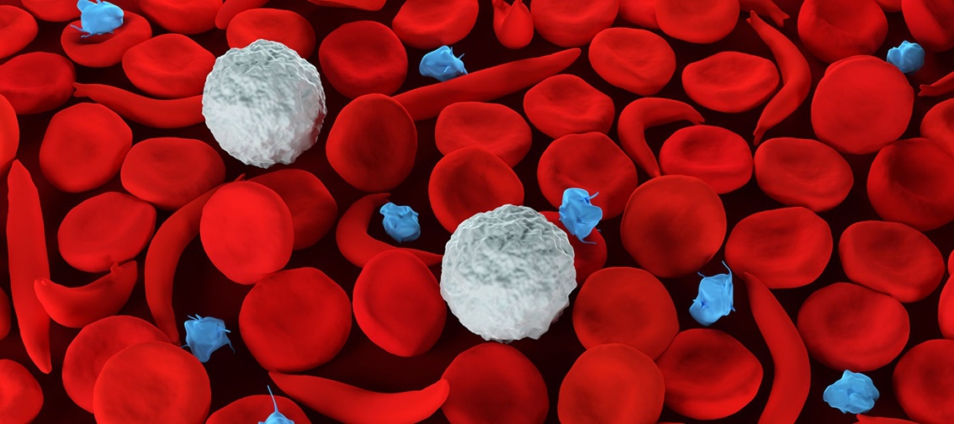Novartis and the Bill has announced its collaboration with Melinda Gates Foundation to discover and develop an accessible in vivo gene therapy, thus a new method of gene therapy to cure Sickle Cell Disease (SCD).
A press release issued by the Sickle Cell Foundation of Ghana indicated that the agreement with the foundation will provide funding support for the discovery and development of a single-administration.
The release added that the Pharmaceutical company will provide in-kind support and access to its suite of technologies and resources.
“Novartis will prioritize addressing access and distribution hurdles posed by limited healthcare infrastructure in low- and middle-income countries and the funding agreement includes specific provisions to support global access to any resulting innovations.”
"The agreement would further build on the Novartis commitment to improve the lives of patients with sickle cell disease through the development of new treatments, including crizanlizumab, strategic partnerships with government and non-government organizations, and support for such interventions as newborn screenings and the distribution of existing drugs, the statement disclosed.
Hematologist and President of the Novartis Institutes for BioMedical Research (NIBR), Jay Bradner, said the Pharmaceutical Company is “thrilled to have the support of the Bill & Melinda Gates Foundation in addressing this global unmet medical need.”
According to the statement, Novartis is developing the new method of gene therapy, to alleviate SCD patients from staying long in hospitals, adding that the new method is simpler than the current methods of gene therapy.
“Novartis envisions developing an accessible in vivo gene therapy for SCD that could potentially be administered once, directly to the patient, without the need to modify the cells in a lab. This would have the advantage of mitigating the need for long or repeated hospital stays or specialized lab infrastructure."
Latest Stories
-
Bright Simons: Ghana’s billion-dollar ‘Timber Merchant’ deal to protect taxes
13 mins -
Cash Waterfall Mechanism report shows significant non-compliance with formula for revenue allocation – Report
31 mins -
Prison officer injured in clash with soldiers in Bawku
34 mins -
SSNIT reserves projected to hit zero in 12 years – ILO
39 mins -
Prestigious Nigerian school closed over bullying reports
43 mins -
Funny Face failed to perform at my show after taking money – Parrot Mouth
49 mins -
CAFCC: Sports Minister to offer Dreams FC a ‘surprise’ package before Zamalek clash
1 hour -
CAF awards 3-0 win to RS Berkane, after Algerian customs confiscated their kits
1 hour -
AgriTech challenge pro holds first pitch
1 hour -
UNIDO commits to improving local rice standards
1 hour -
Suleja prison: 108 inmates on the run in Nigeria
1 hour -
We object to government’s plans to make BEST sole off-taker of Sentuo Oil Refinery – CBOD
2 hours -
Burkina Faso army massacred 223 villagers in revenge attack – HRW
2 hours -
Lebanese Community awards ¢100K in scholarships to 21 students at UniMAC
2 hours -
Germany detains alleged Nigerian mafia members
2 hours

